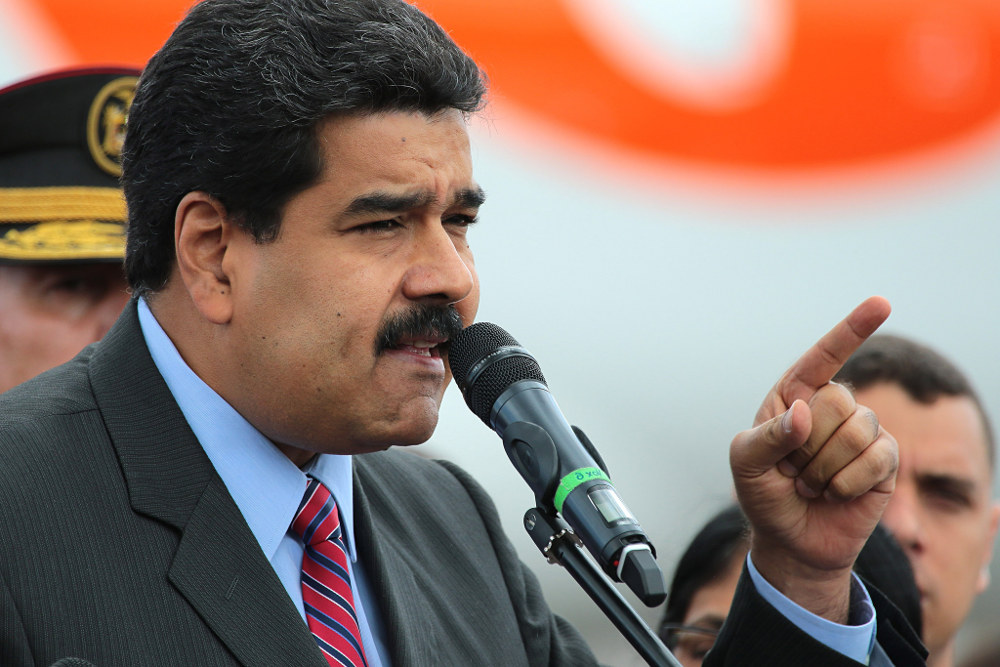BOGOTA, Colombia (ViaNews) – This year there will be a strong election season in eight Latin American countries. Nearly 425 million Latin Americans, which means two out of three people in the region, will have new governments within 12 months.
Assessing the current regional political situation, it is possible to say that so far in all countries the results will be influenced by the infinite corruption scandals that have involved, and continue to involve, unpopular governments currently in power. In addition, a probable shift to the right is expected and from the polls will emerge strange forces to traditional Latin American politics.
“Mandatory” changes in Mexico, Colombia, Brazil and Paraguay
These four countries will elect a new president without the possibility of re-electing those currently in office. Mexico, in fact, prohibits re-election since the post-revolutionary Constitution of 1917, while in the case of Colombia, this figure has been banned again during the current administration of President Juan Manuel Santos.
In the case of Brazil, the popularity of President Michel Temer is so low (less than 8%) and his age so advanced (77 years) that his re-election seems to be relegated to the plane of the unreal. For its part, Paraguay, a small but dynamic economy, will decide whether or not to keep the traditional Partido Colorado in power, since presidential re-election (in this case with the current President Horacio Cartes) is prohibited by the 1992 Constitution, after the bloody dictatorship of Alfredo Stroessner.
Juxtaposition between Costa Rica and Venezuela, and the exception in Cuba
Interesting were the elections in Costa Rica, where the second round of voting was needed in early April to confirm the victory of Carlos Alvarado Quesada of the Partido Acción Ciudadana. It should be noted that Costa Rica is one of the countries where, according to the surveys of the Latinobarómetro Institute, its citizens are the most satisfied with the democracy in their nation.
At the antipodes of democratic satisfaction is Venezuela, where tension is constant, and the humanitarian crisis has been aggravated by the abuses and daily human rights violations of the regime of Nicolás Maduro. The last presidential elections in Venezuela, held last week, were characterized by a falsehood election. This situation concluded in the fact that the Chavista regime managed to impose Maduro in the Miraflores Palace for at least another six years. This was also facilitated because most of the best candidates in the opposition will not be able to run because of court decisions, or because they are in prison or in exile.
The Cuban case, meanwhile, is very peculiar. Last April, the 86-year-old dictator Raul Castro will have to leave his place to Miguel Diaz-Canel, also a member of the Cuban Communist Party, but he will be the first leader of Havana who has not been a member of the Castro clan since 1959.
A widespread shift to the right?
The victory of the conservative Sebastián Piñera in Chile in December is the first stone on the road to the rightwing for Latin America after Mauricio Macri took power in Argentina, Michel Temer in Brazil, and Pedro Pablo Kuczynski in Peru, in the previous 18 months.
It is evident that we are at the dawn of a crisis of regional leadership in Latin America, with the concrete possibility of the conquest of power by subjects who proclaim a retrograde, but at the same time messianic, discourse, exploring a kind of refounding of democracy. It will be necessary to see, whatever the generalized path is taken by the region, that the stain of corruption at least begins to disappear.






